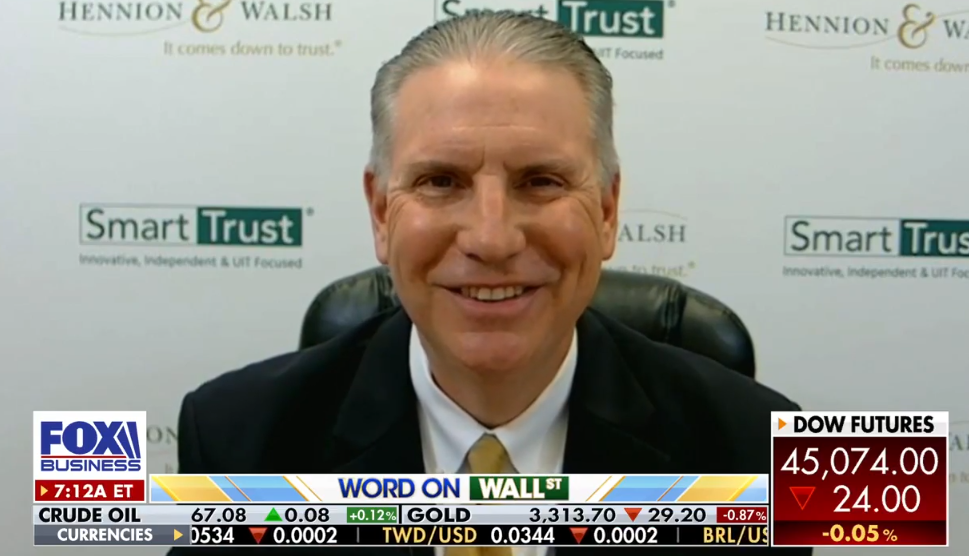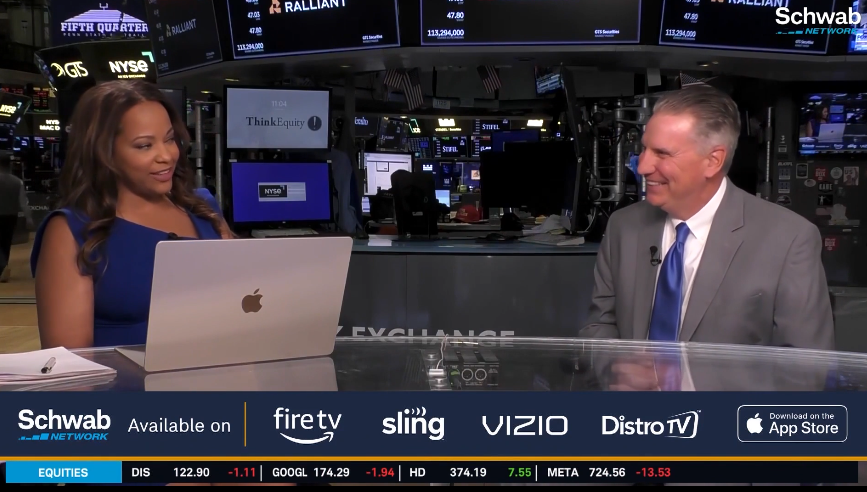
Brexit Surprise and Market Reaction
Market Overview

Sources: Equity Market, Fixed Income and REIT returns from JP Morgan as of 06/24/16. Rates and Economic Calendar Data from Bloomberg as of 06/27/16.
Happening Now
In a seemingly unlikely outcome that took the world by surprise, the U.K. voted in favor of leaving the European Union (E.U.) Last Thursday’s vote came down to a roughly 1.3mm ballot advantage in favor of “Leave,” enough for a 52% to 48% victory. Overnight, international markets sank sharply leading into the open and finished down 7.5% for the day on Friday (as measured by the MSCI ACWI Ex-US Index). The British Pound (£) also saw significant selling pressure, losing 8% of its value relative to the U.S. Dollar. Despite a drop in the Dow Jones of 610 points, or 3.4%, U.S. Stocks fared better than most international markets. Following the global sell off, developed international markets, as measured by the MSCI EAFE Index, are now down 6.6% for the year. Emerging markets, as measured by the MSCI EM Index are up 2.64% and U.S. Stocks, as measure by the S&P 500 Index are up 0.76% on a total return basis.
So, what is next? In a word, uncertainty as the process for leaving the E.U. is an untested one that begins with the filing of Article 50 of the Treaty of Lisbon which serves as notification for the U.K.’s intention to leave the bloc. Once filed, a two year process begins during which time negotiations will take place to decide the terms for future relations. David Cameron, however, has made it clear that he will not lead the commencement of this process but rather wait until his successor is in place, which will take three to four months. To compound the uncertainty, certain E.U. officials have come out in favor an expedited process for the removal of the U.K., a move that would put pressure on the U.K. to enact new trade agreements with their import and export partners. To further compound the uncertainty, a petition has been signed by millions on U.K. citizens asking for a “do over” on the referendum vote and Scotland continues to question the legality of what Great Britain is attempting to do and the implications on Scotland in particular.
While we were certainly surprised by this outcome, the subsequent market sell off, while dramatic, was not unorderly. Liquidity was deep throughout the day and most international markets rebounded from where they initially opened. Once media coverage fades and investors return their focus to market fundamentals and the economy, it is likely that stocks will recover. Volatility, however, is something that investors have to be prepared to deal with for the remainder of this year. As painful as it may be for some, now may be the time to revisit your strategy and approach to managing your portfolio. Balance across countries and sectors, diversification into different asset classes, and security selection can often make or break your long term success as an investor.
Important Information and Disclaimers
Disclosures: Hennion & Walsh is the sponsor of SmartTrust® Unit Investment Trusts (UITs). For more information on SmartTrust® UITs, please visit www.smarttrustuit.com. The overview above is for informational purposes and is not an offer to sell or a solicitation of an offer to buy any SmartTrust® UITs. Investors should consider the Trust’s investment objective, risks, charges and expenses carefully before investing. The prospectus contains this and other information relevant to an investment in the Trust and investors should read the prospectus carefully before they invest.
Investing in foreign securities presents certain risks not associated with domestic investments, such as currency fluctuation, political and economic instability, and different accounting standards. This may result in greater share price volatility. These risks are heightened in emerging markets.
There are special risks associated with an investment in real estate, including credit risk, interest rate fluctuations and the impact of varied economic conditions. Distributions from REIT investments are taxed at the owner’s tax bracket.
The prices of small company and mid cap stocks are generally more volatile than large company stocks. They often involve higher risks because smaller companies may lack the management expertise, financial resources, product diversification and competitive strengths to endure adverse economic conditions.
Investing in commodities is not suitable for all investors. Exposure to the commodities markets may subject an investment to greater share price volatility than an investment in traditional equity or debt securities. Investments in commodities may be affected by changes in overall market movements, commodity index volatility, changes in interest rates or factors affecting a particular industry or commodity.
Products that invest in commodities may employ more complex strategies which may expose investors to additional risks.
Investing in fixed income securities involves certain risks such as market risk if sold prior to maturity and credit risk especially if investing in high yield bonds, which have lower ratings and are subject to greater volatility. All fixed income investments may be worth less than original cost upon redemption or maturity. Bond Prices fluctuate inversely to changes in interest rates. Therefore, a general rise in interest rates can result in the decline of the value of your investment.
Definitions
MSCI- EAFE: The Morgan Stanley Capital International Europe, Australasia and Far East Index, a free float-adjusted market capitalization index that is designed to measure developed-market equity performance, excluding the United States and Canada.
MSCI-Emerging Markets: The Morgan Stanley Capital International Emerging Market Index, is a free float-adjusted market capitalization index that is designed to measure the performance of global emerging markets of about 25 emerging economies.
Russell 3000: The Russell 3000 measures the performance of the 3000 largest US companies based on total market capitalization and represents about 98% of the investible US Equity market.
ML BOFA US Corp Mstr [Merill Lynch US Corporate Master]: The Merrill Lynch Corporate Master Market Index is a statistical composite tracking the performance of the entire US corporate bond market over time.
ML Muni Master [Merill Lynch US Corporate Master]: The Merrill Lynch Municipal Bond Master Index is a broad measure of the municipal fixed income market.
Investors cannot directly purchase any index.
LIBOR, London Interbank Offered Rate, is the rate of interest at which banks offer to lend money to one another in the wholesale money markets in London.
The Dow Jones Industrial Average is an unweighted index of 30 “blue-chip” industrial U.S. stocks.
The S&P Midcap 400 Index is a capitalization-weighted index measuring the performance of the mid-range sector of the U.S. stock market, and represents approximately 7% of the total market value of U.S. equities. Companies in the Index fall between S&P 500 Index and the S&P SmallCap 600 Index in size: between $1-4 billion.
DJ Equity REIT Index represents all publicly traded real estate investment trusts in the Dow Jones U.S. stock universe classified as Equity REITs according to the S&P Dow Jones Indices REIT Industry Classification Hierarchy. These companies are REITSs that primarily own and operate income-producing real estate.



